American Government
Empower Yourself with this Information!
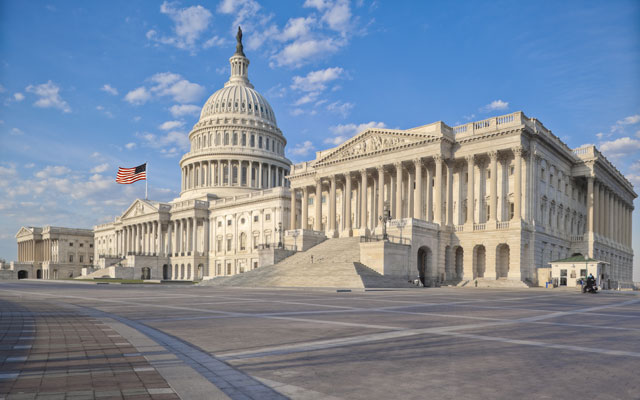
16 Hours average completion time
1.6 CEUs
18 Lessons
32 Exams & Assignments
295 Discussions
18 Videos
20 Reference Files
83 Articles
Mobile Friendly
Last Updated January 2026
Do you need to brush-up your knowledge of the American political system? Have you forgotten or feel slightly 'hazy' about the structure of the American government, the details of the Constitution or the exact division of the three branches of government? Are you interested in discovering how our current political parties were formed or the impact of public opinion, mass media and special interests groups on today's American policies? If you answered "yes" to these questions, this online course can be your ideal learning resource.
Rather than focusing on the history of the American federal government, this course is a comprehensive evaluation of how the government is set up and how it works. We will start with a look at how the American government is organized, and then we will focus on American culture and how it forms the environment in which the government functions, and the influences that the citizenry exerts on the policy-making process. Public opinion plays an important role in any republic so we will examine how public opinion is measured and how it contributes to the democratic process.
The citizens of United States enjoy many freedoms and liberties, but, as in all republics, they also live according to a Constitution and an established set of laws. We will examine the balance between freedom and law, and discuss the development of civil liberties. The political participation of Americans, both as individuals and as a part of interest groups influences nearly all functions of the government. We will also take a look at the media's increasingly important role in politics, and how the political parties of the United States work together to create legislation.
The social welfare and safety of Americans is a significant part of the priorities of the federal government. This course will outline the development of important programs that have served as model to other governments throughout the world. In the process, we will also evaluate how public policy is made from several important perspectives: economic, foreign relations, and environmental.
Created with the belief that understanding the foundations of the America system of government is necessary to fully comprehend America's current political system, this self-paced course is appropriate for learners of any age (homeschoolers, high schoolers, college students or just inquisitive people). Our easy-to-understand online format is perfect for those seeking review, extra tutoring, test prep or general educational enhancement.
- Evaluating political impacts
- Assessing media influence on politics
- Critiquing public opinion influences
- Exploring electoral dynamics
- Investigating federal budget processes
- Interpreting constitutional principles
- Examining civil liberties
- Understanding governmental structures
- Analyzing policy-making processes
-
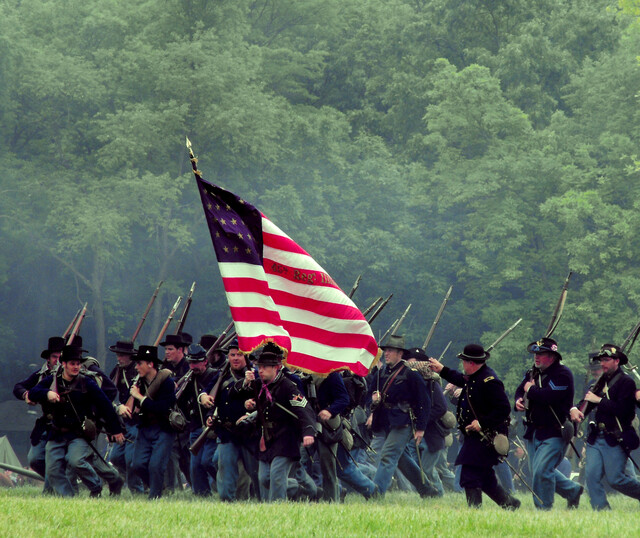
American Wars: American Revolution and Civil War
-
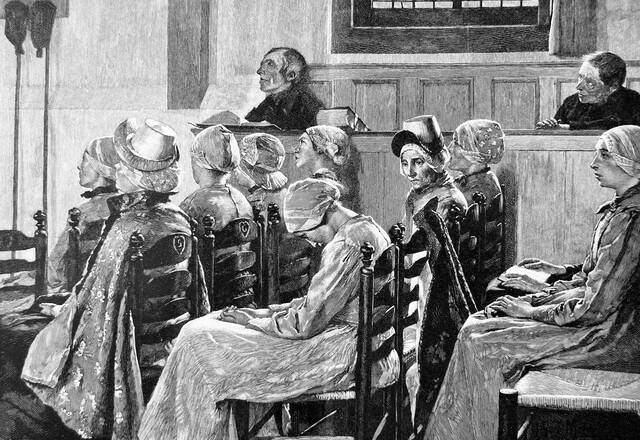
Salem Witch Trials
-

Cosmology 101: A Simple Guide to the Universe
-

Bible Stories: Explore Life Lessons and Adventures
-

World War II
-

American Heroes and Villains
-

World Religions
-
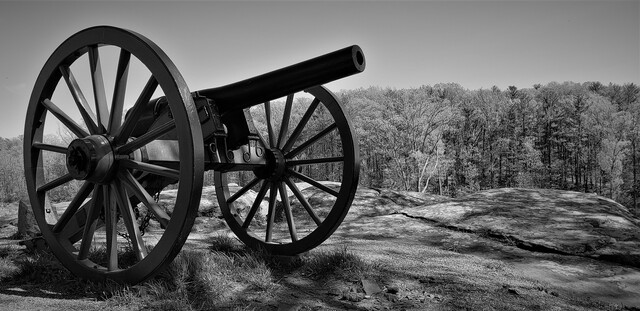
American History Review
-
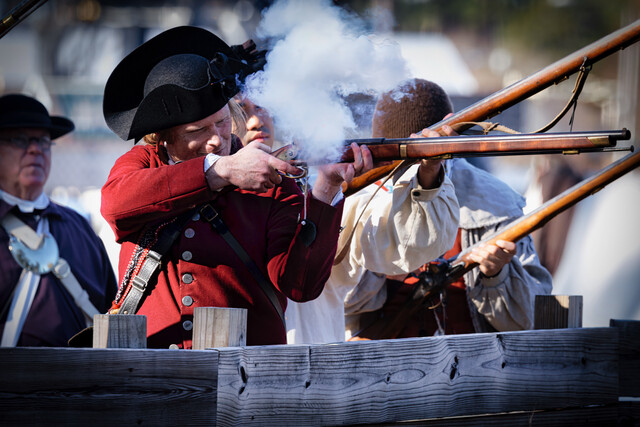
American Revolutionary War
-
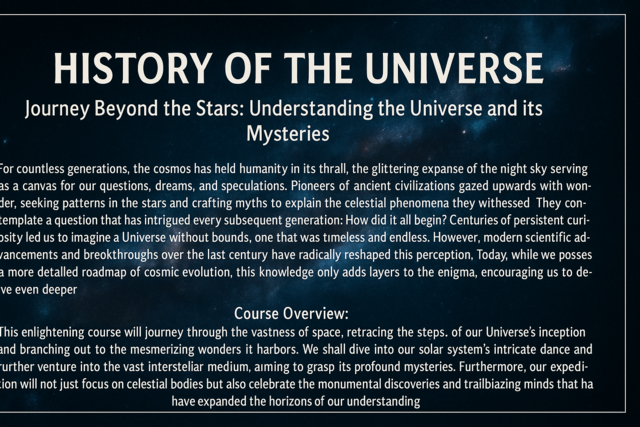
History of the Universe
-

Ancient Civilizations 101
-

American Civil War
-

History of Terrorism
-

Buddhism 101: The Principles of Awakened Living
-

Philosophy 101
-

World War I
-

History's Greatest Conspiracies
-

Twenty Women Who Changed American History